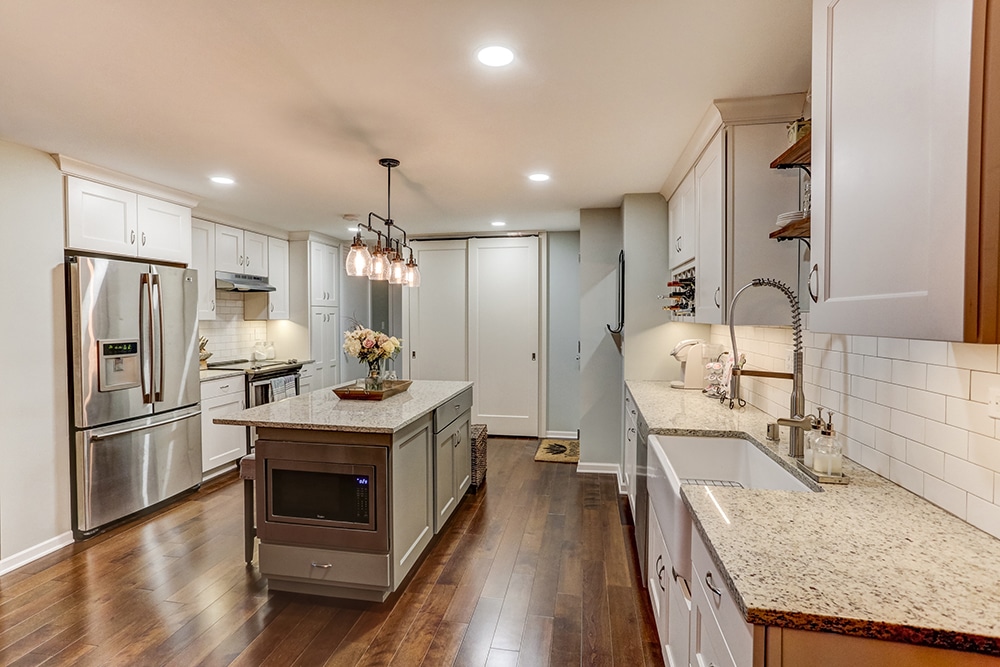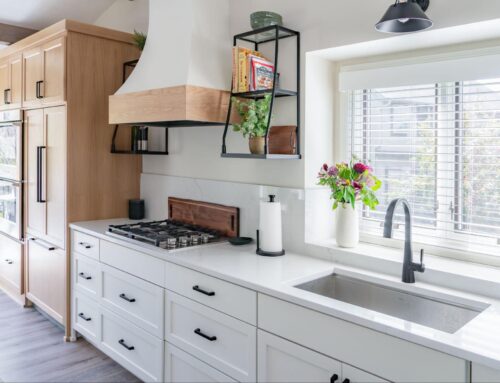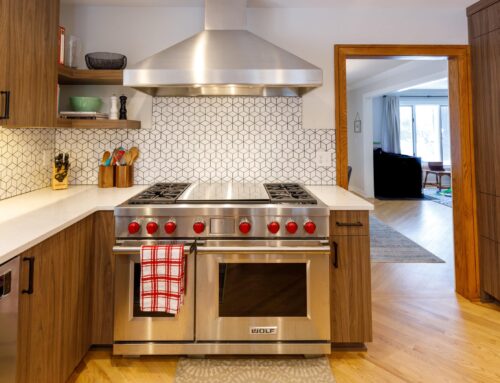You’ve decided to remodel your home. Great! Whether you’re getting your castle ready to sell for top dollar or finally adding that screened-in porch you’ve always wanted, home renovation is an exciting time, filled with possibility.
All of that excitement can dwindle quickly because of cost overruns, delays, unforeseen issues and the inconvenience of having your home become a construction site for longer than you anticipated. But it doesn’t have to be that way. Here are some things to consider before you embark on your project that will help minimize delays, frustration and construction chaos.
Get clear on your budget. Really clear. While it’s wise to give yourself a bit of wiggle room in case your contractor runs into problems, you need to have a cap that you’re simply not going to exceed.
Needs vs. wants. When you’ve got your budget chiseled on stone tablets, it’s time to think about how far that dollar figure is going to go. This is the time to sit down with your contractor and have a realistic talk about how much you can afford in terms of materials and labor. There may be creative ways to do more with less, saving on the types of materials you choose, for example, so you can have the outcome you desire at a price you can afford.
Just say no to home remodeling television shows. Who doesn’t love a good home renovation show? We all do. It’s exciting to see the transformation. But don’t base your expectations on what a huge team of professionals can do in a week with an unlimited budget. They may call it “reality television,” but it’s not reality.
Choose your contractor wisely. Do your homework. After all, the workers are coming into your home. Check your contractor’s license, certificates of insurance, lien history, bond number, certifications. Ask to see examples of past work, and how many times they have done projects similar to yours. Just as important is a contractor who understands your vision for the project. You will be the one living with the end result, and it has to reflect what you — not your contractor — want.
Get it in writing. Minnesota Attorney General Keith Ellison recommends putting together a detailed contract before the first nail is pounded. You should be ultra-specific, down to brand names, colors, grades, styles, and model numbers. You should include:
- Building permits and inspections.
- Starting and completion dates. Delays occur, so give yourself and your contractor some wiggle room.
- Change order clause, outlining that the contract cannot be modified without written consent of both parties.
- Price and schedule of payments. This should include specific materials and estimates of labor time.
- Holdback clause, which allows you to withhold the last payment until inspections of the work have taken place.
- Clean up. This is often left out of contracts. Without it, you’re looking at a mountain of debris you’ll need to dispose of.
- Subcontractor information. You need to know exactly who is doing the work.
According to Ellison’s website, “Minnesota state law provides consumer protections when you have work done on your home: Every contract for home construction or a home improvement project includes a state-mandated warranty against defects, and, if something really goes wrong with your project, you may be able to recover money from the Contractor Recovery Fund.”
At Titus Contracting, we have your needs in mind. Questions about your home remodeling project? We’ve got answers. Download our free guide that includes tips and questions to ask when choosing a contractor HERE.
Give us a call, we’re happy to answer your questions. 952-746-7817










